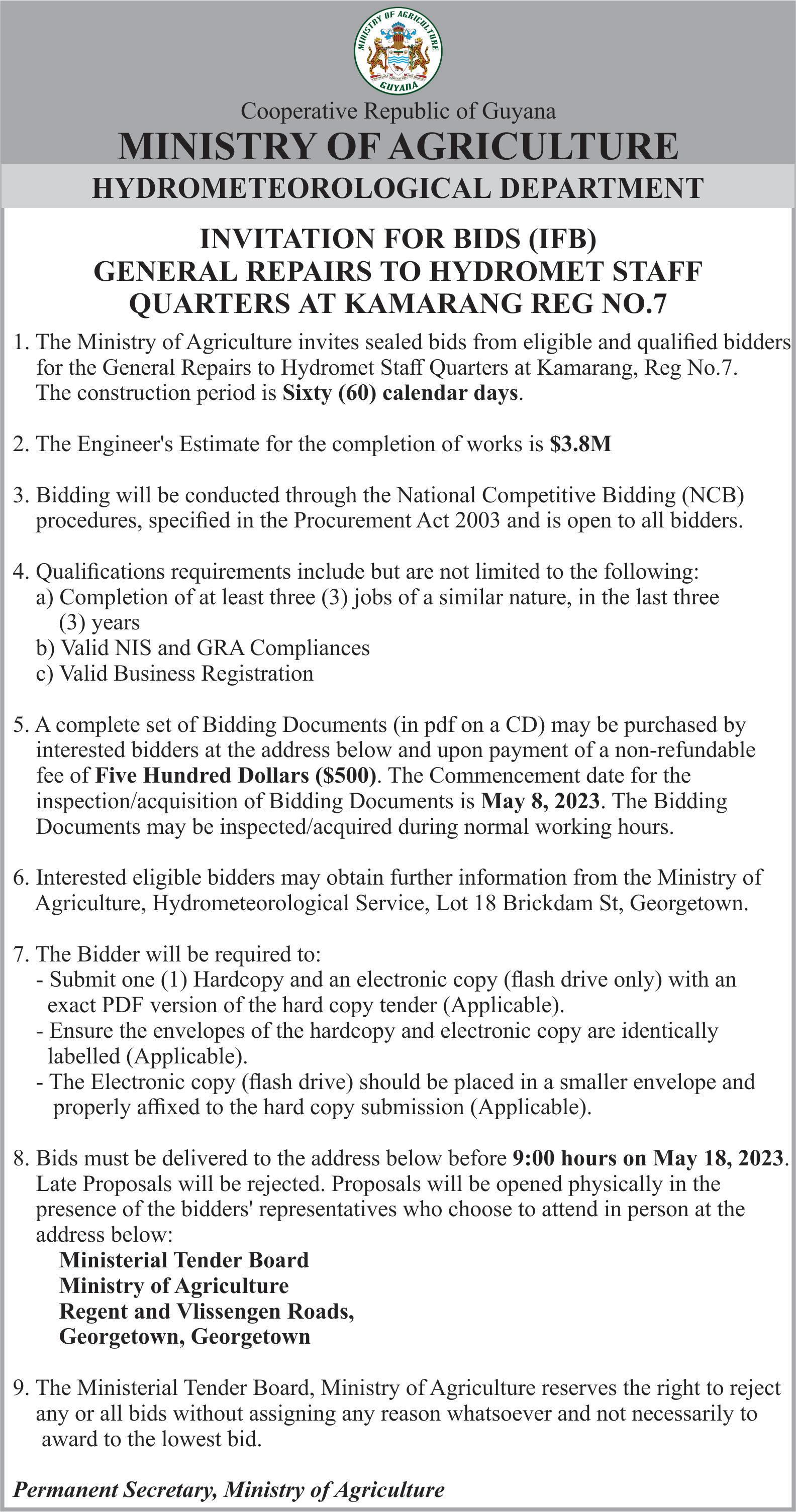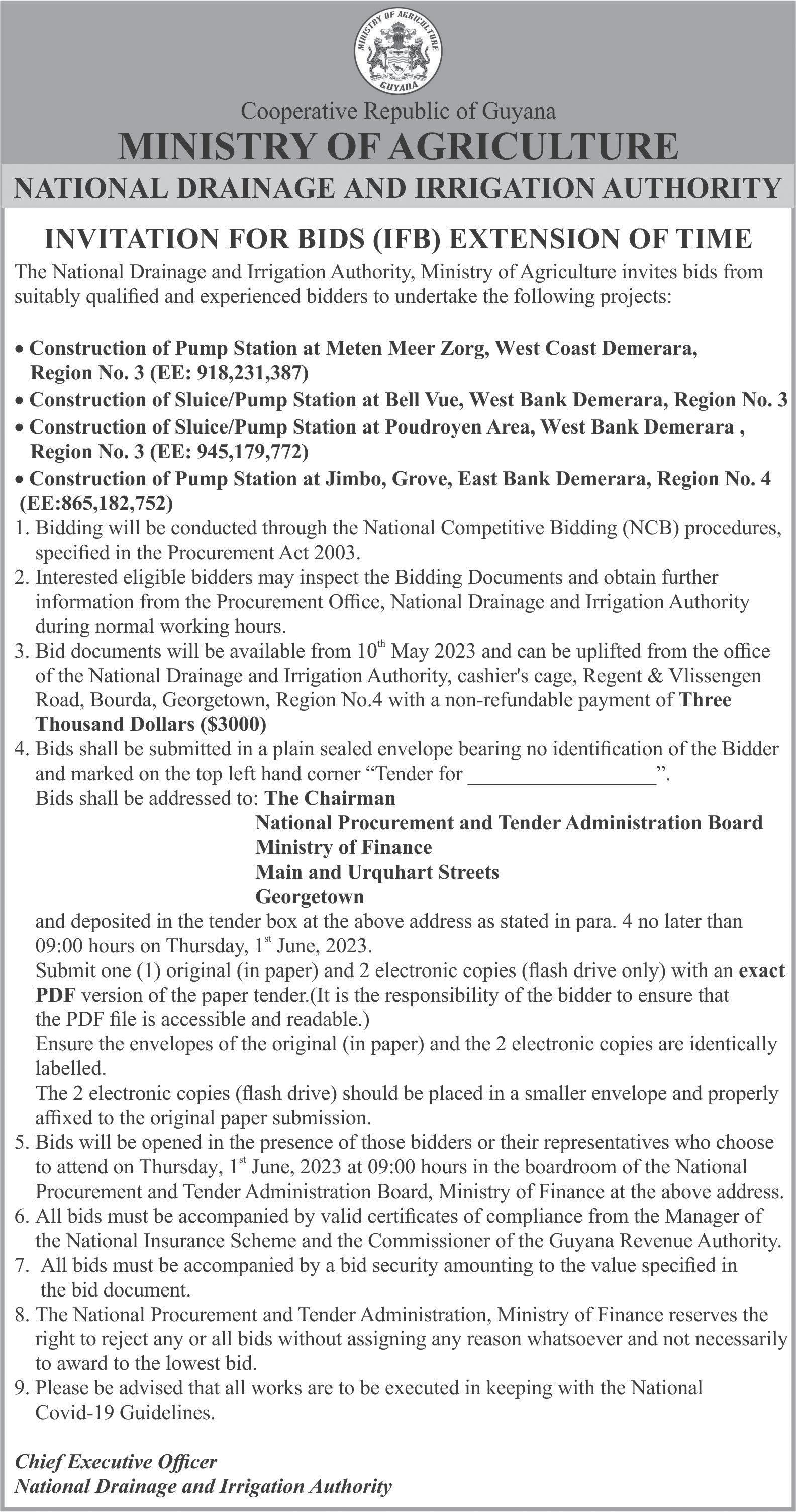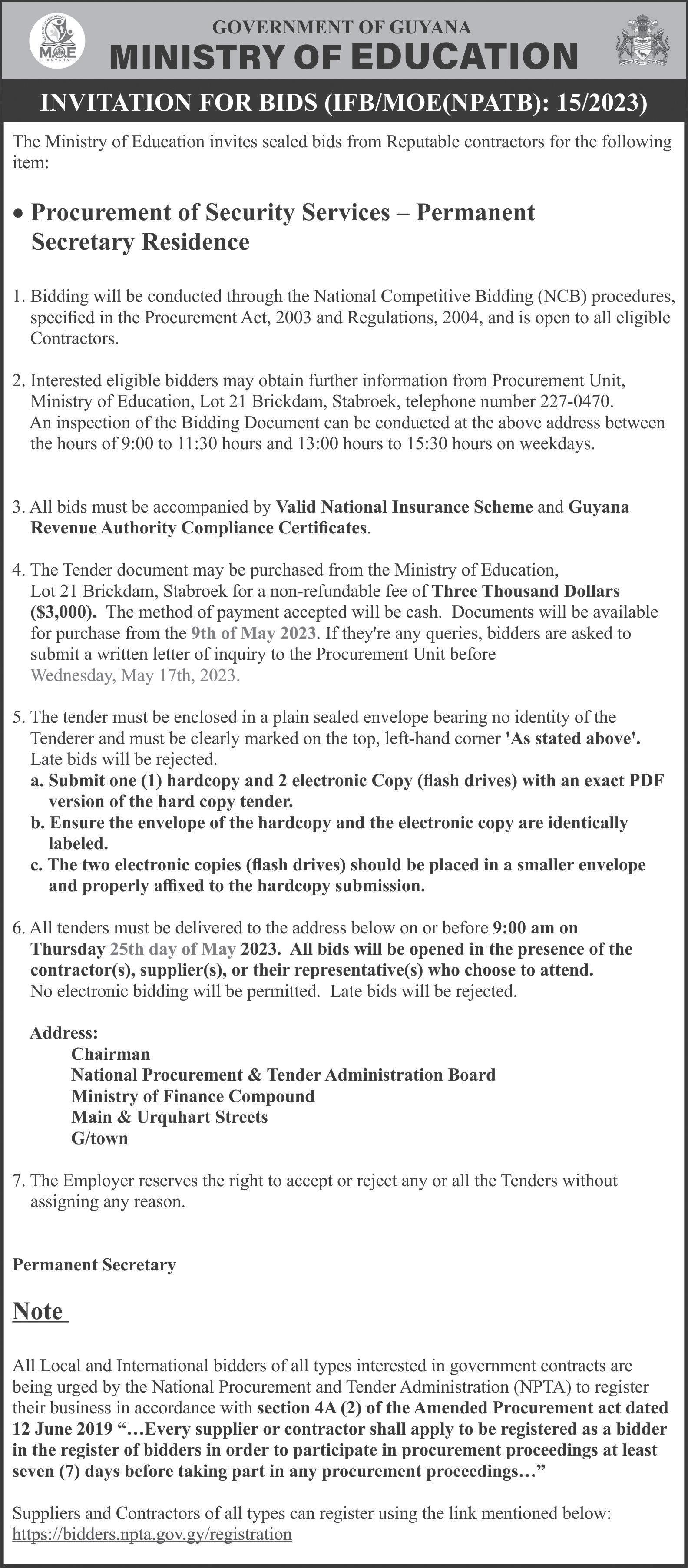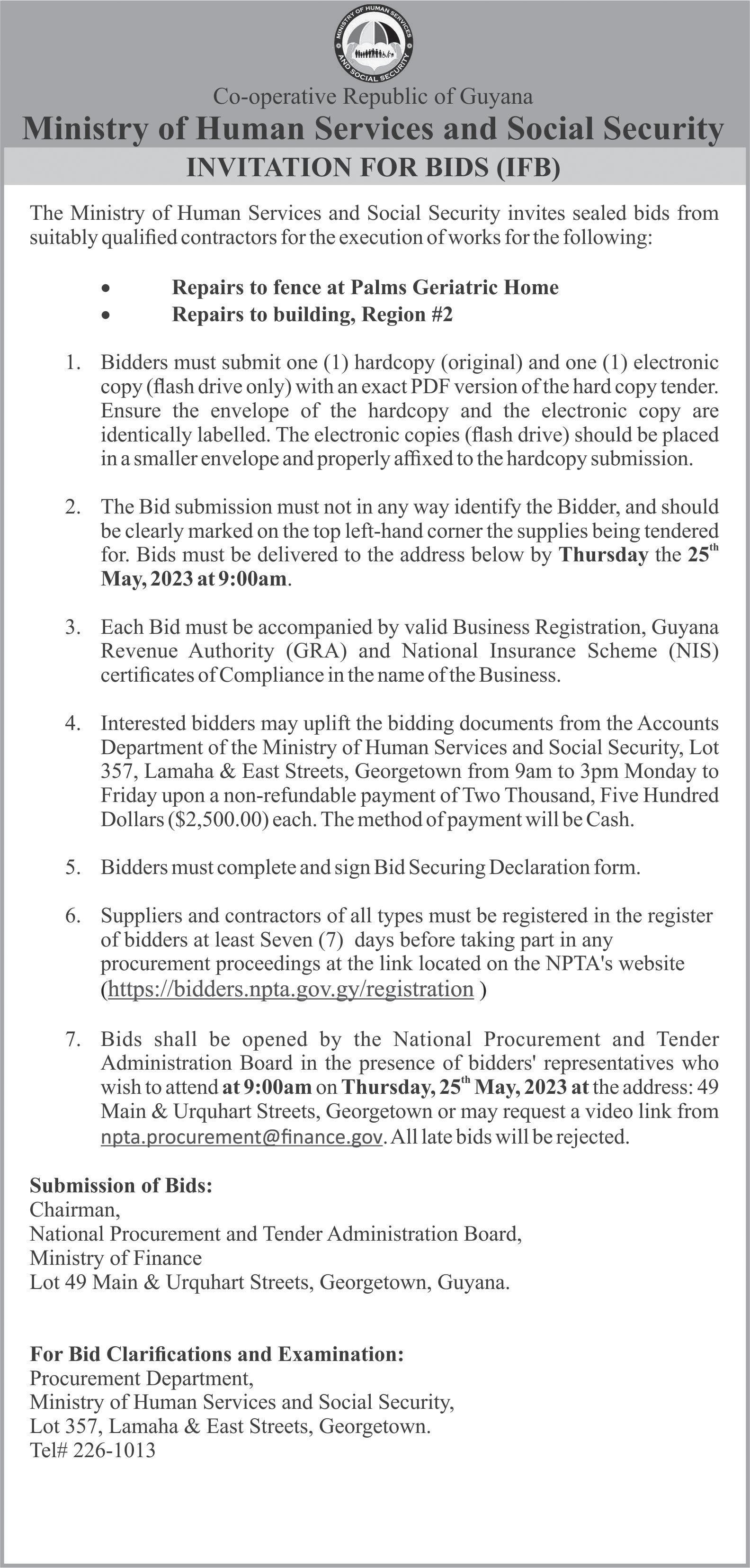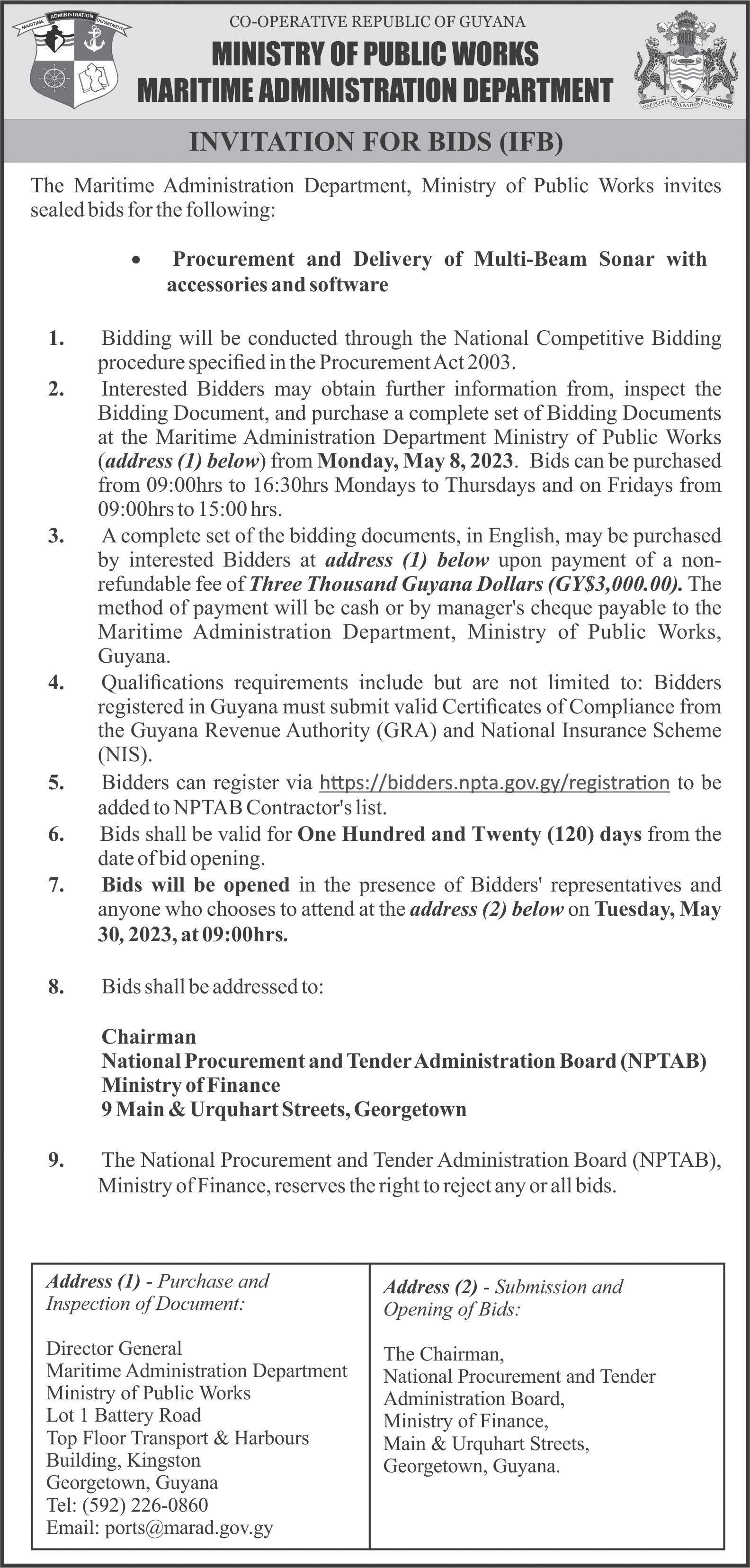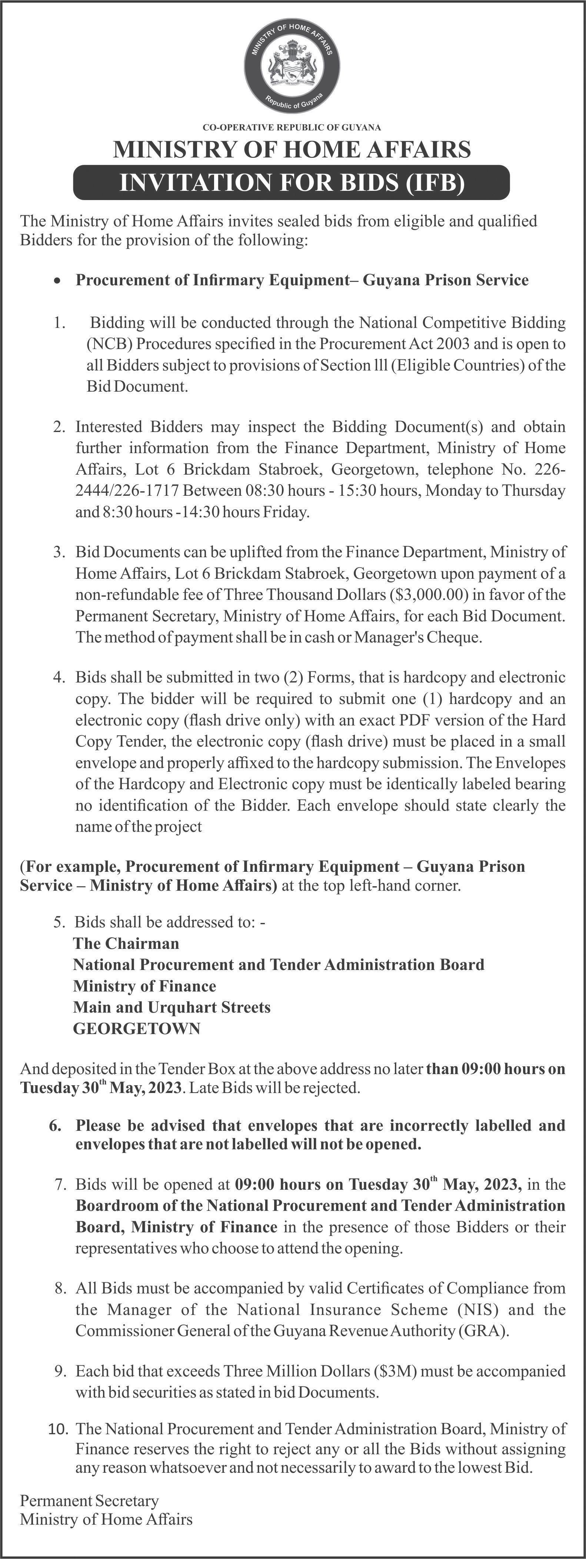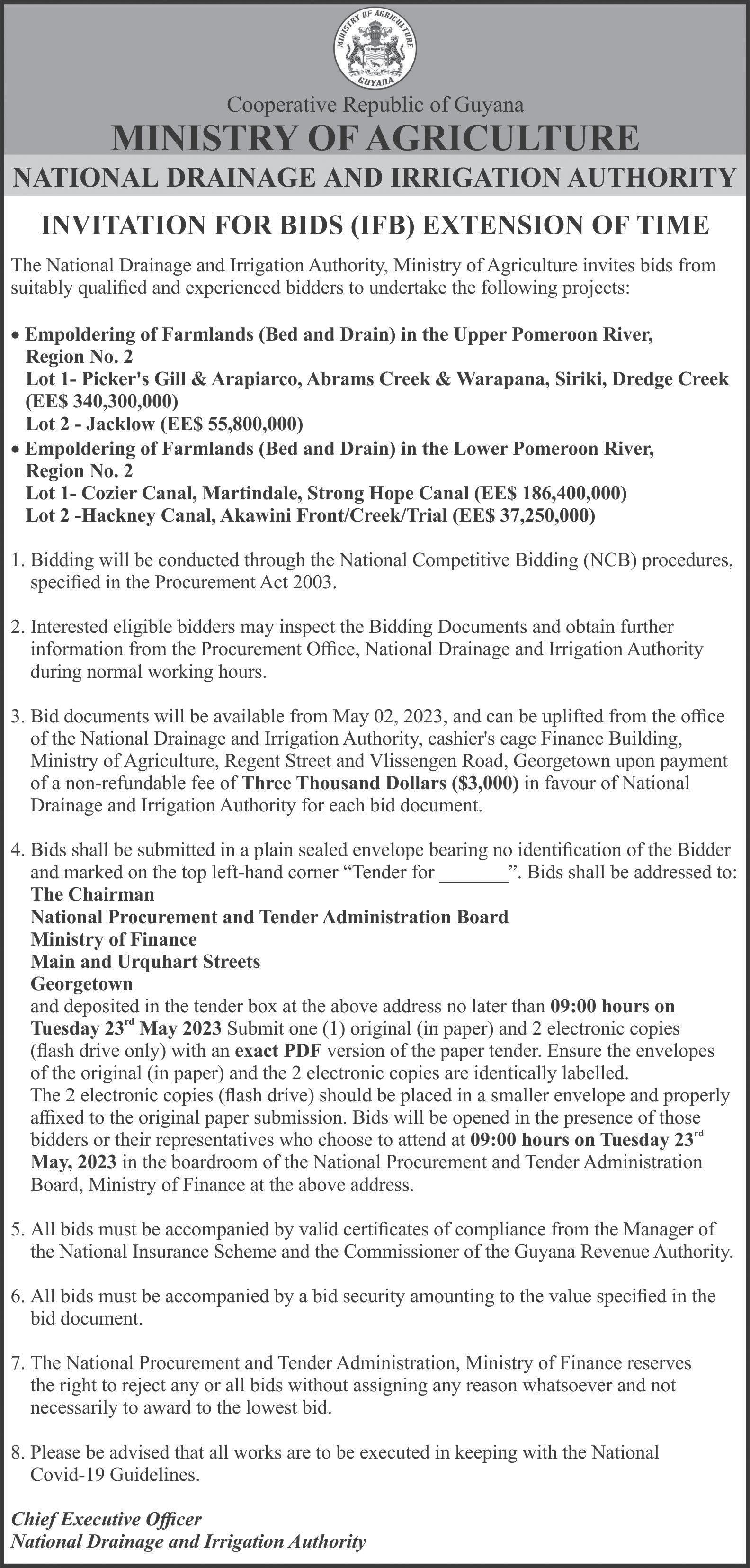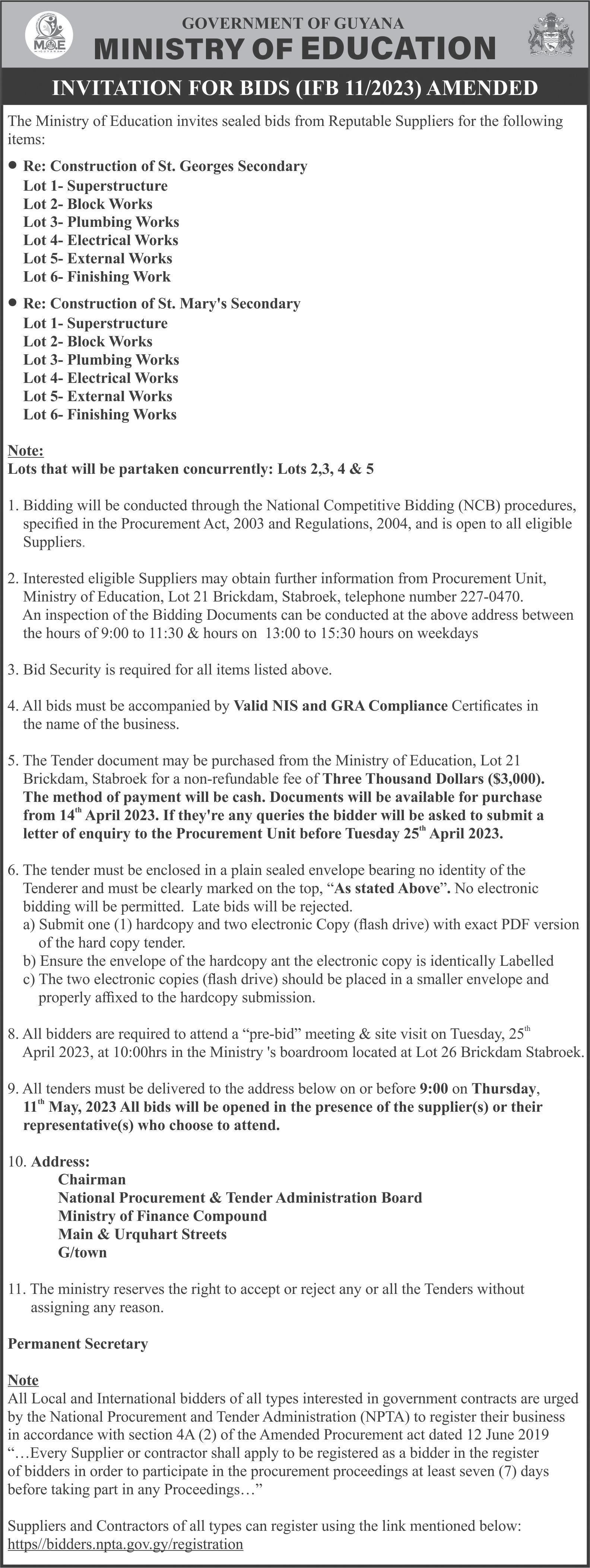
1 minute read
Yuan’s globalisation accelerates as world’s biggest hardwood ...
From page 21 processed the first cross-border yuan settlement in Brazil at its local branch there, the Xinhua News Agency reported.
Benefitting from the steady development of China’s economy, open financial market and the continuous construction of the yuan cross-border payment system, the currency’s internationalisation has accelerated, experts noted
Advertisement
“More countries, economic organisations and large enterprises around the world are increasingly inclined to settle their trade with China in the yuan, due to its stable value, compared with the ups and downs of the US Fed’s monetary policy,” Wang Peng, a research fellow at the Beijing Academy of Social Sciences, told the Global Times on Tuesday
In recent years, the trend of de-dollarisation in the international monetary system has increased significantly, mainly due to the US’ abuse of its dollar hegemony and continuous weaponisation of the currency and payment system
In addition, in order to solve domestic economic contradictions, the fluctuations of US monetary policy have brought serious negative spillover effects, causing a series of problems for many countries such as financial market turmoil, worsening debt crises and serious inflation
“The decline of the dollar’s hegemony has led to a rise in demand for non-dollar currencies such as the yuan, objectively creating opportunities for the internationalization of the Chinese currency,” the expert said
Pakistan-based newspaper, The News International, recently cited an unidentified source as saying that Pakistan might pay for a test cargo of 750,000 barrels of crude it plans to import from Russia in yuan The cargo will probably reach Pakistan by June.
In February, Iraq’s central bank said that it would trade with China in the yuan
In April, Argentina announced that it would start paying for Chinese imports in yuan rather than in US dollars
Wang said that in the future, the yuan will play a bigger role in global payment and settlement, foreign exchange reserves as well as third-party pricing Currency Composition of Official Foreign Exchange Reserves data released by the IMF showed that as of the fourth quarter of 2022, the yuan accounted for about 2.7 per cent of global foreign exchange reserves, ranking fifth among major reserve currencies
In May 2022, the IMF lifted the weighting of the yuan in the Special Drawing Rights basket from 10.92 per cent to 12.28 per cent, reflecting recognition of the increased free access to the Chinese currency
“The continuous progress of yuan internationalisation will be conducive to enhancing China’s status and voice in international finance and trade, and further allow the world to enjoy the benefits of the country’s vigorous economic development,” Wang said











